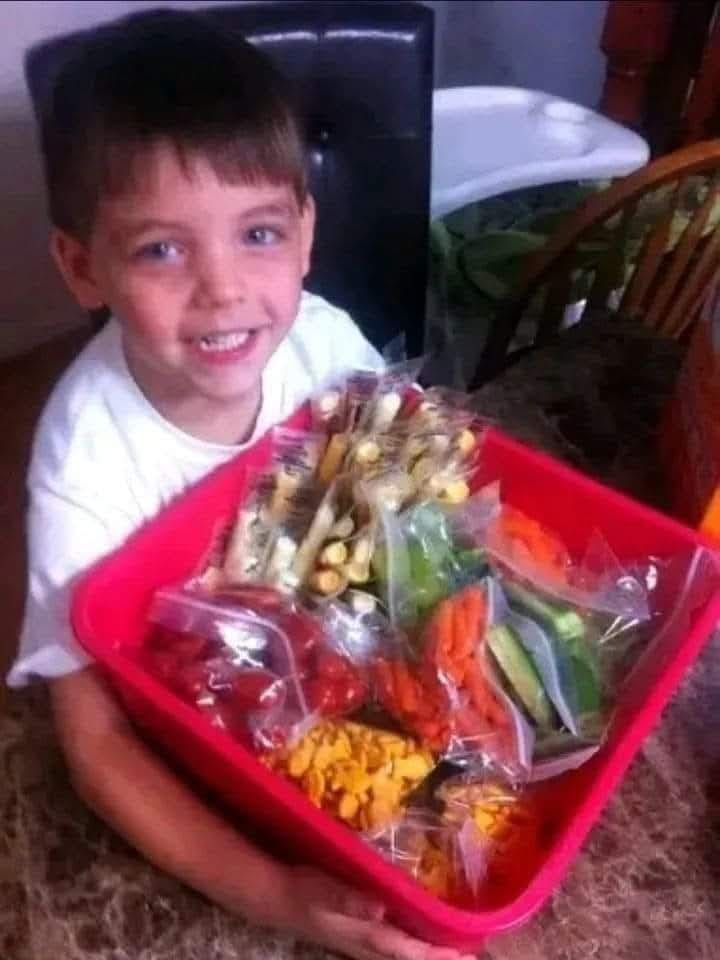Earlier today, my little boy asked me a question I wasn’t expecting. We were talking about his day at school, like mothers and children do. He said, “Mommy, I noticed some kids in my class don’t eat their lunch.” I paused. It’s such a simple observation, but hearing it from his voice brought a weight to it.
So I asked: “Why not, sweetheart?”
He said, without hesitation, “Because they don’t have one, Mommy. Can I bring them some of mine?”
Packing More Than Food
And that was it. Just those words. But in them was compassion, innocence, and a desire to help—not because someone told him to, but because he saw something was missing and wanted to fill it. He helped me pack his lunch that morning, and without me asking, he suggested sharing it with kids who might need it.
I realized I had several questions and things I needed to understand better. Because this wasn’t just about lunch—it was about what happens when children don’t have what seems basic to many of us.

What It Means When Lunch Is the Hard Part
We often assume that children will show up to school with lunch boxes already filled. But what if that box is empty, or a family simply cannot provide that meal? What are the whispers, the small daily moments that kids carry home—not just their trays? Hunger, embarrassment, shame, reluctance to raise their hand, hunger pangs while the clock ticks, watching others eat what they brought.
The Ripple Effect of Kindness
My son’s heart went straight to “How can I help?” That’s something I want to remember—how easy it is to overlook the unseen, how powerful it is when a small child’s instinct is to share. It reminded me that we don’t need to wait for big gestures to make a difference. Maybe sharing lunch. Maybe noticing when someone is quiet. Maybe just asking.
What I Want From Us All
- Notice — pay attention to the signs around us, in classrooms, playgrounds, neighbors. Sometimes it’s quiet, sometimes just a glance in the hallway.
- Ask — instead of assuming, ask kids how their lunch was, or if they need one. It may open up conversation, or at least show someone cares.
- Share — if you can, share. Whether it’s a sandwich, a kind word, or time. It’s amazing what generosity—even small—can do.
- Teach compassion early — children are more perceptive than we know. When we model caring, they take that forward.
Final Thoughts
Listening to my son today was a gift. He reminded me: small acts matter, and what seems ordinary to some is everything to others. If you ever find yourself thinking “What can I do?” — sometimes the answer is right there in front of you.